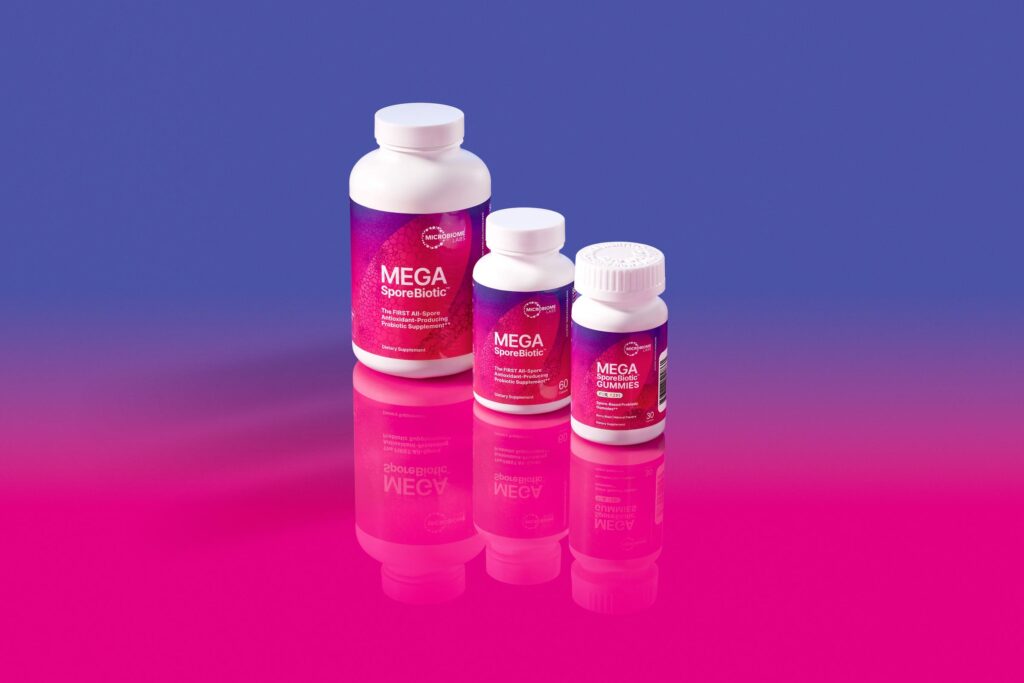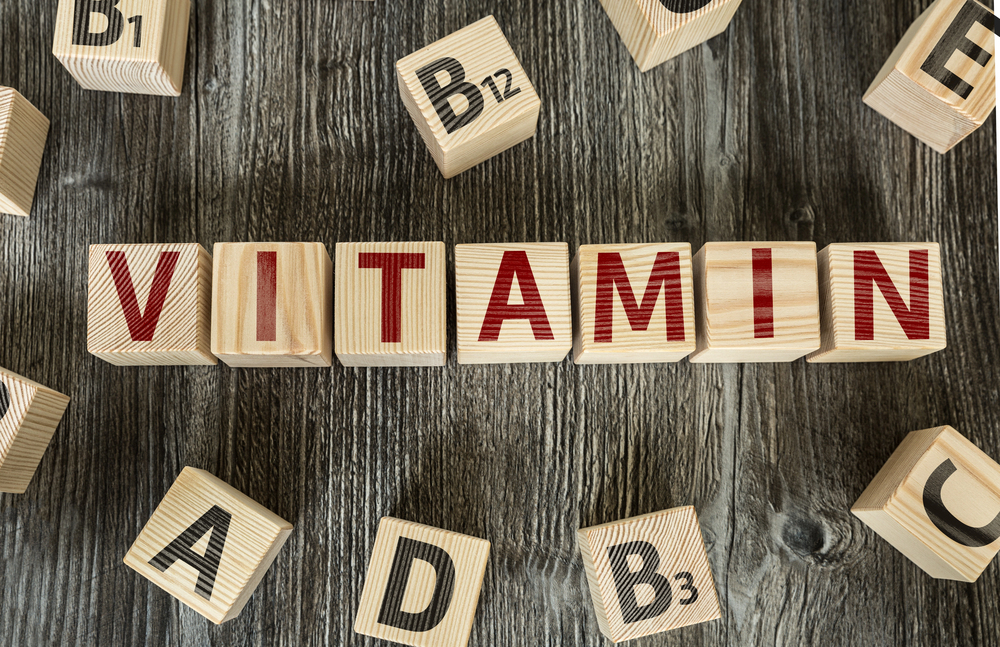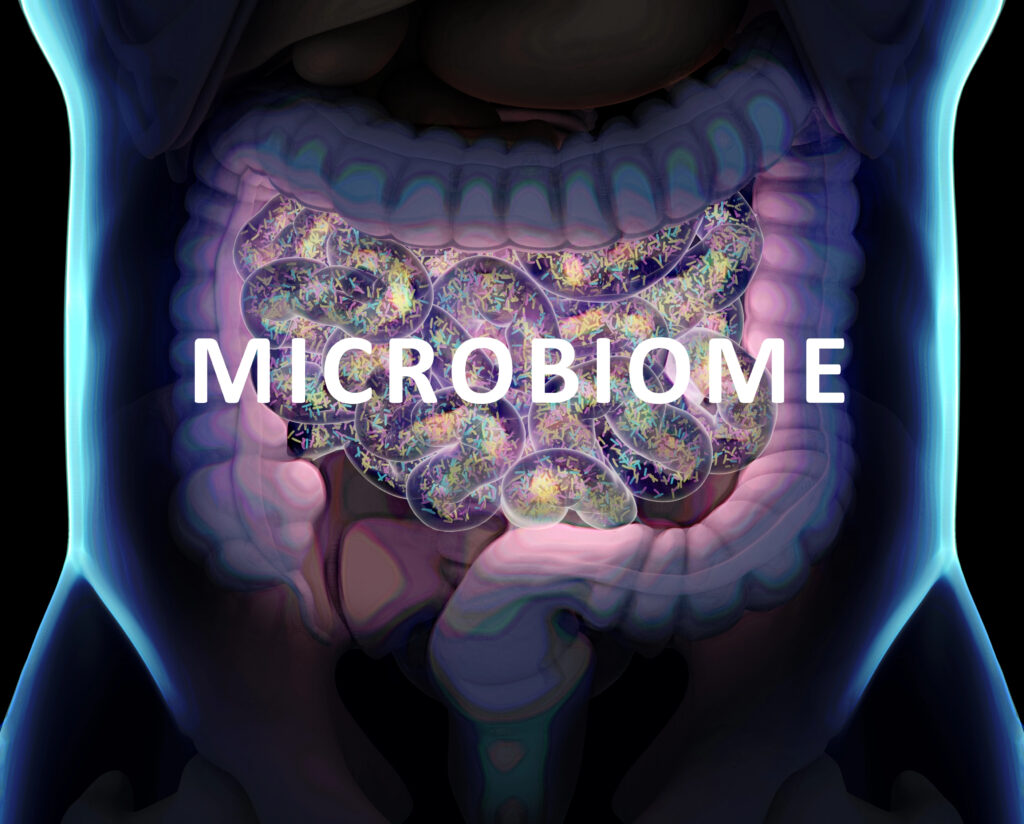Many clients today are rightfully concerned about the long-term use of statin medications and looking for alternative ways of dealing with high cholesterol. But is cholesterol really the key to heart health? The answer is yes, cholesterol management is a factor in heart health. But LDL and HDL numbers alone don’t tell the whole story.
You need to be aware of and take care of other factors including the composition of your cholesterol, inflammation levels, immune system dysregulation that affects the blood vessels, and oxidation that impairs heart and vessel function.
Digging a little deeper into your cholesterol numbers and testing a few other key blood markers can give you the information you need. Here is what functional medicine practitioners are looking at:
- Cholesterol particle size: If LDL (the “bad cholesterol”) is high, check the particle size. If the particle size is large, this is not as problematic as small LDL particles. Small particle size LDL causes more damage to the blood vessels. If HDL (the “good cholesterol”) is high, but if particle size is too small, it may not be as protective. Check the details to know the real risk of your cholesterol numbers.
- Additional cholesterol markers: Ask your practitioner to check markers like VLDL (very low-density lipoproteins), Lipoprotein(a), and oxidized LDL. High VLDL levels can contribute to the risk of plaque formation and contribute to heart attack and stroke risk. Lipoprotein(a) is perhaps the most damaging of the small cholesterol particles and should be monitored, particularly when there is a family history of heart disease or hypercholesteremia. Oxidized cholesterol is more damaged than intact cholesterol, so understanding this number can help determine overall risk.
- C-reactive protein: CRP is a measure of systemic inflammation and can affect vessel health and contribute to heart attack risk.
- Homocysteine: Excess homocysteine can cause constriction in the arteries and promote blood clots. It is particularly important to measure in people with MTHFR genetic variations. Elevated homocysteine can be lowered with adequate levels of methylfolate, B6 and B12.
- Fibrinogen: Fibrinogen is a blood clotting protein. If elevated, it may increase the risk of blood clots that can cause heart attacks and strokes.
Cholesterol & Heart Health
Remember that cholesterol is essential to overall health. It is the backbone of the sex hormones, adrenal hormones, and vitamin D. It is present in every cell membrane and lends structure to it. Cholesterol is a component of bile, which is crucial to the expulsion of toxins and to fat digestion. So, striking the right balance for cholesterol is important- you don’t want your levels to be too low.
The same things that benefit your overall health will also contribute to healthy cholesterol levels. Proper nutrition, regular exercise, healthy weight, smoking cessation, and proper stress management are all key to supporting a healthy heart.
Four nutrients I especially want to call out for heart health are magnesium, fiber, omega-3 fatty acids, and CoQ10.
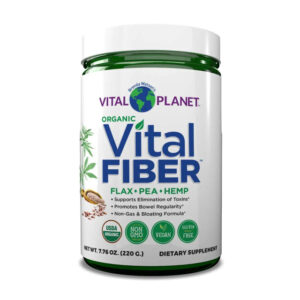
Magnesium is essential to stress management, the relaxation of blood vessels, energy production, and along with calcium, the pumping action of the heart. According to the USDA, magnesium is deficient in more than 50% of American diets.
Fiber falls in the category of boring, but important! Fiber reduces LDL, reduces triglycerides, and removes metals and other toxins that can contribute to heart problems. Take a fiber supplement or significantly add fiber-filled foods to your diet.
Omega-3s thin the blood, bolster the health of every cell membrane, increase HDL, decrease triglycerides, decrease VLDL, reduce inflammation, and decrease CRP. Wow!
CoQ10 is an essential antioxidant and vital to heart health. It is a cornerstone of energy production in the body. Ironically, it is depleted by statin drugs. This depletion is one of the reasons statins can cause negative long-term effects to health.
Addressing Cholesterol Naturally
There is a plethora of science-backed nutrients you can use to lower cholesterol and improve overall heart health. These include red yeast rice, plant sterols, bergamot, berberine, milk thistle, and the lifestyle factors noted earlier. There are several factors you should consider when choosing which nutrient(s) to use:
If you have genetic variations that contribute to excess cholesterol, such as Apo B, or genes that promote increased absorption of cholesterol in the gut, address those with nutrients that can affect those mechanisms. Apo B can be lowered with soluble fiber, the lifestyle factors above, and niacin. Plant sterols can block the absorption of cholesterol in the gut.
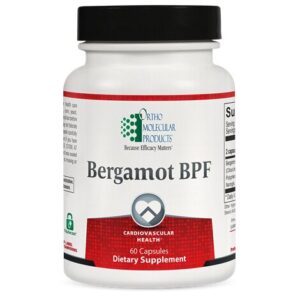
- Red yeast rice inhibits the enzyme that makes cholesterol in the liver. Even though red yeast rice behaves like a statin in the body, in my experience it does not cause the significant side effects seen with long-term statin use. That said, I would recommend taking CoQ10 alongside Red Yeast Rice as a protective measure.
- If you are very sensitive and need a single ingredient, bergamot has several actions that affect cholesterol levels and heart health. It has antioxidants that prevent the oxidation of LDL cholesterol, flavonoids that inhibit the enzyme in the liver that produces cholesterol, and it may interfere with the absorption of cholesterol from the diet.
- Berberine enables better removal of LDL cholesterol from the bloodstream, may inhibit its absorption in the intestine, and has other positive metabolic effects that can lower the risk of heart disease. Better blood sugar management, reduced dysbiosis in the gut, and regulation of inflammation are all benefits of berberine that contribute to overall heart health.
- Since most of the cholesterol in the body is produced by the liver, liver dysfunction can cause high cholesterol. Milk thistle is used to enhance liver function. If you are a heavy drinker, or have ongoing, known toxic exposure, milk thistle may help your cholesterol numbers.
- Combination formulas that include one or more of the above nutrients can be excellent for reducing cholesterol but also have many other benefits for heart health. Two that I especially like and have seen great results from are Choles-T by life Seasons and Cardio-Lipid by Biotics.
Need more help? Work with me to improve the lifestyle factors affecting your heart and to recommend supplements that may improve your heart health. Schedule a session here https://p.bttr.to/3Keo3Jq. Or stop by and talk with one of my staff to get recommendations.

